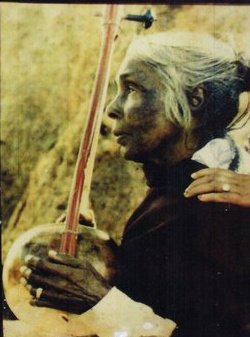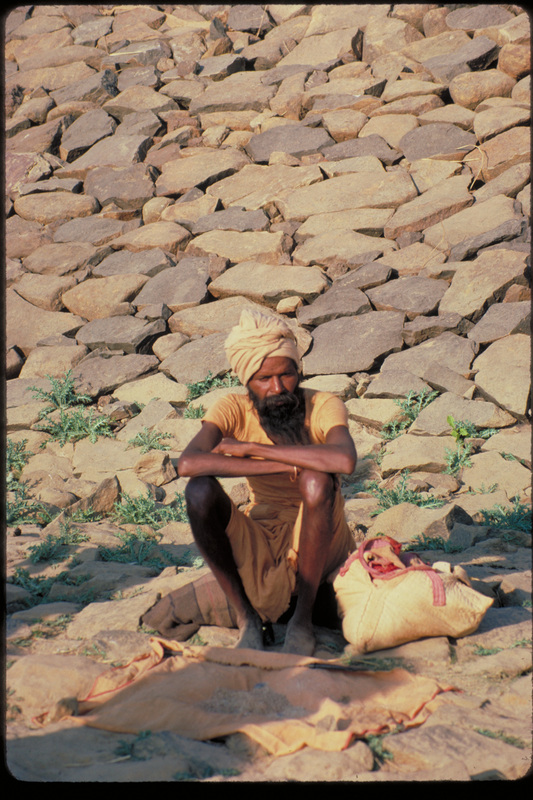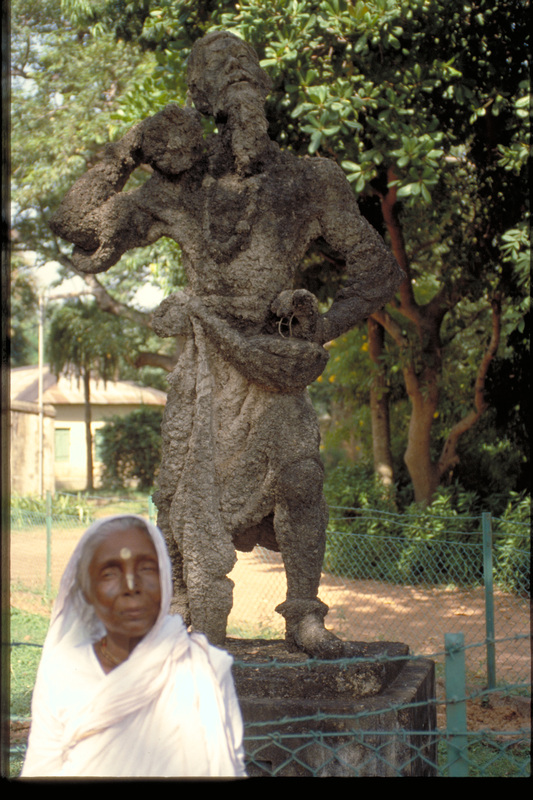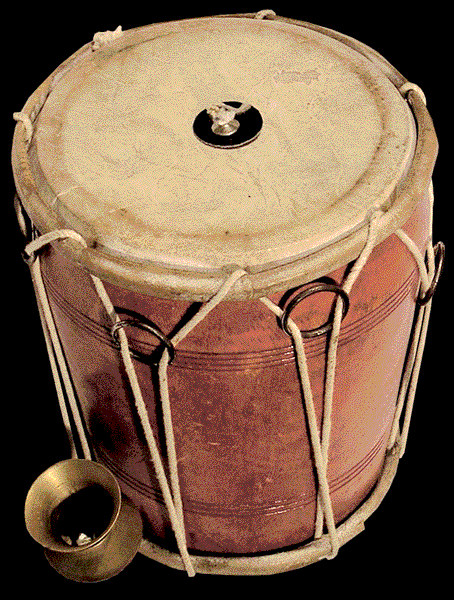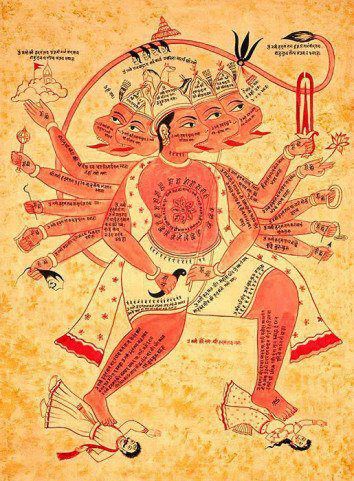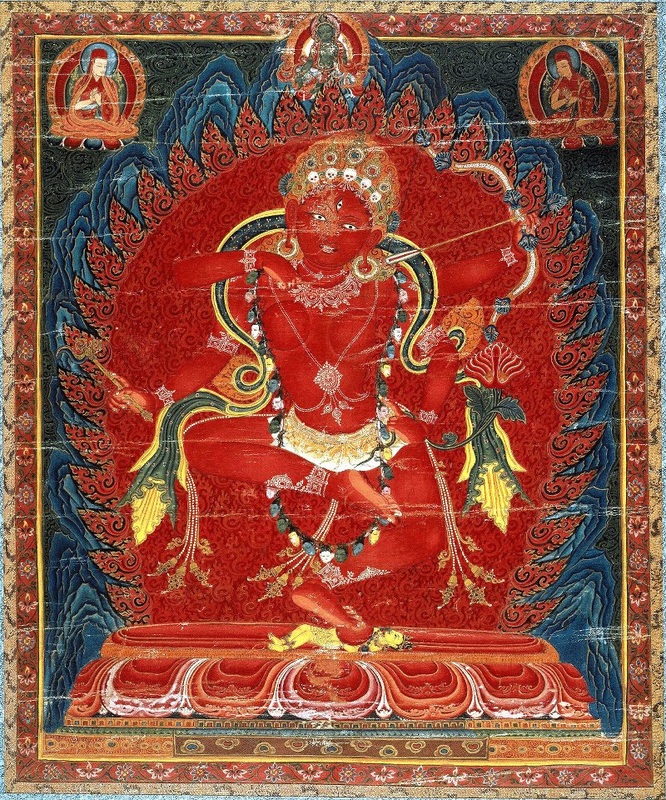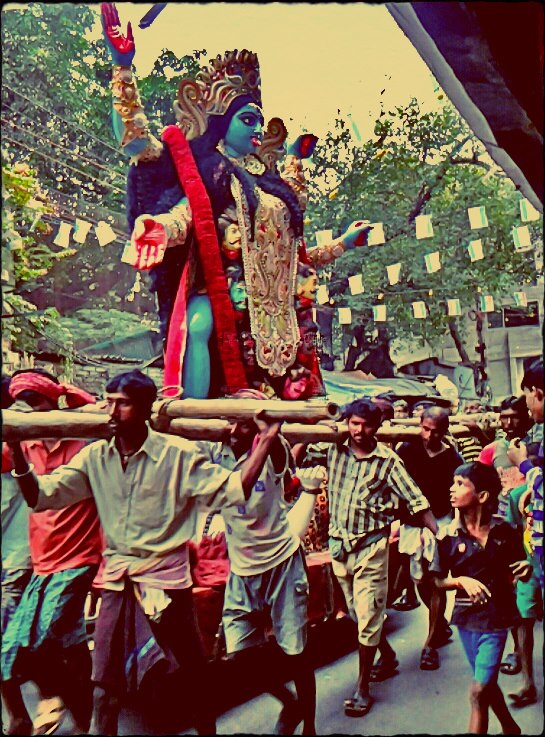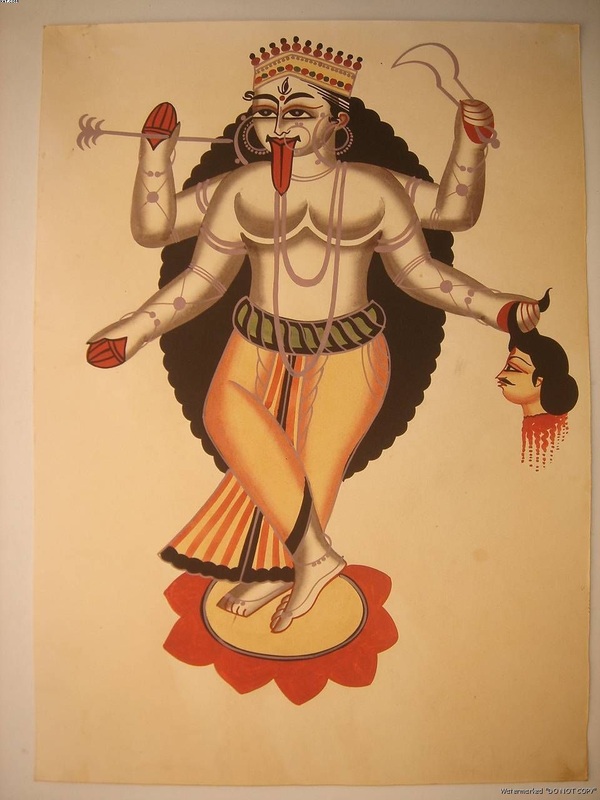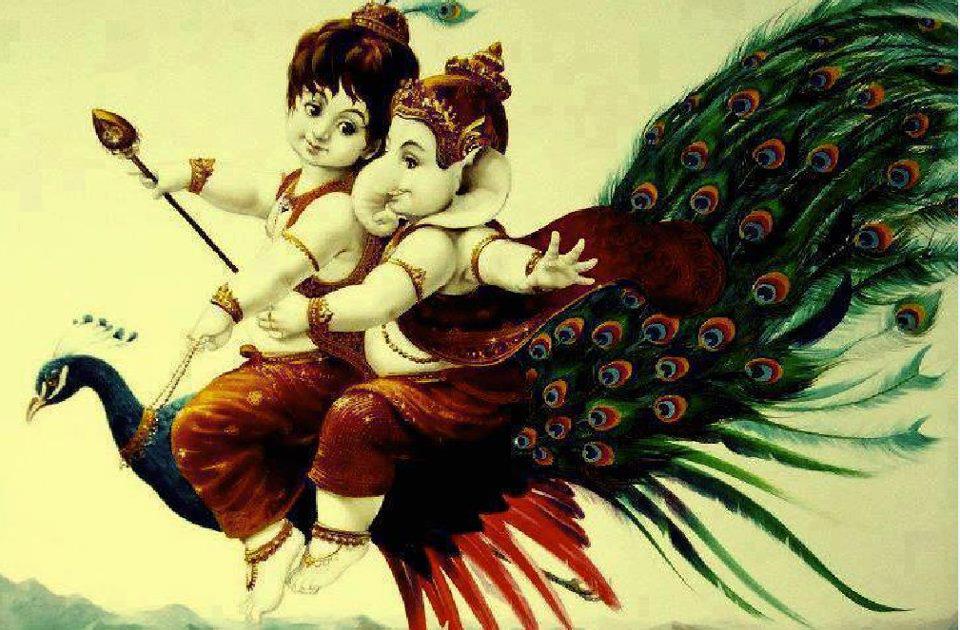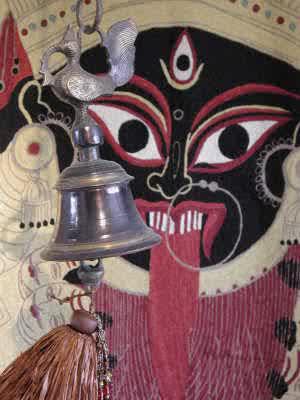By Heinrich Harrer
Translated by German by Richard Graves
Published by Rupert Hart-Davis, London - 1953
Read book online:
https://bit.ly/3cMAbhe
Download pdf book:
https://bit.ly/2yjLj65
Introduction
For the British and indeed I think for most Europeans, Tibet has during the last fifty years held a growing and a particular fascination. In 1904 Younghusband, in a campaign scarcely matched in the annals of war either for its administrative difficulties or for the combination of audacity and humanity with which it was conducted, marched to Lhasa and subdued Tibet.
The Tibetans, whose persistent intransigence upon an Imperial frontier had at length provoked our incursion, were granted the most chivalrous of terms; and on the remote, mysterious plateau — silhouetted for a time in sharp, painstaking relief by the dispatches which trickled back over the passes from the handful of correspondents with Younghusband’s expedition—a veil oncemore descended.
It was a thick veil, and it did not get much thinner as the years went by. The end of the nineteenth century found Europe’s eyes turning towards Asia. The geographical chall enge of Africa had been, in its essentials, met, and on that continent the political problems, save in South Africa, appeared in those days to be soluble only in the chanceries of European capitals. In Asia, by contrast, imponderable and exotic forces were on the move. Russia’s conquests in Central Asia had fulfilled what was believed to be only the first phase of her territorial ambitions; in the minds of Lord Curzon and of Kipling her attempts to probe with reconnaissance parties the mountain barrier which separated her armies from India produced apprehensions which the event proved to be disproportionate.
But here again Asia came into the picture; for while Younghusband—bringing artillery into action, for the first and so far the last time in history, at 17,000 feet above sea-level—was defeating the Tibetans, the Japanese, with much less of apology in their manner, were defeating the Russians in Manchuria. And only three years earlier, in the Boxer Rebellion, an international expedition bad raised the siege of the Legation Quarter in Peking.
Tibet did no more then than she had before, or has since, to gratify Europe’s curiosities about Asia.
She continued, increasingly, to stimulate them; the extent to which she reciprocated them was minimal.
Once four Tibetan boys (in the pages which follow you will meet briefly the only survivor of a sensibleexperiment which the Tibetans never got around to repeating) were sent to be educated at Rugby; and until the Chinese Communist forces took the country over in 1950 the sons of noblemen quite often went to school in India, learning (among other things) the English language.
Europe would gladly have welcomed Tibetans, as she has welcomed travellers and students from every other Asiatic country ; but whereas—broadly speaking—Europe
wants like anything to go to Tibet, Tibet has never evinced the slightest desire to go to Europe.
She has moreover made it as difficult as possible for Europeans, or indeed for any non-Tibetans, to set foot on Tibetan territory, however impeccable their credentials. The veil of secrecy, or perhaps rather of exclusiveness, which was lifted by Younghusband and then so tantalisingly dropped again, has in the last fifty years been effectively penetrated by very few, and of these it is safe to say that not one attained to the remarkable position which the author of this book, towards the end of his five years' residence in Lhasa, found himself occupying in the entourage of the young Dalai Lama.
The European traveller is accustomed to seeing Asia or anyhow the backwoods of Asia, from above. By that I mean that, although at times his situation may be precarious and his resources slender the European is generally a good deal better off than the primitive people through whose territory he is passing. He possesses things whidi they do not—money and
firearms, soap and medicines, tents and tin-openers; he has, moreover, in another part of the planet a Government which, should he get into trouble, will try to get him out of it. So the foreigner tends to ride upon the high though not very reliable horse of privilege, and to view the backwoods and their denizens from above.
It was otherwise with Herr Harrer. When in 1943 made a third and successful attempt to escape from an internment camp at Dehra-Dun and headed for Tibet, he was seeing Asia from below. He travelled on foot, carried his few possessions on his back and slept on the ground in the open. He was a fugitive, with no status, no papers and very limited funds.
For a well-foundexpedition to follow his circuitous winter route across the Changthang plateau and down to Lhasa would have been a creditable feat; as performed by Harrer and his companion Aufschnaiter the journey was an astonishing tour de force. When they reached Lhasa they were penniless and in rags.
Though there was no shred of justification for their presence in the Tibetan capital, they met with great kindness there, and the various subterfuges which they had practised upon officials along the route aroused merriment rather than indignation. They had nevertheless every reason to expect to be expelled from the country, and although the war was now over Harrer assumed, on rather slender grounds, that expulsion would mean their reinternment in India. He spoke by now fairly fluent Tibetan, though with a country accent which amused the sophisticates of Lhasa, and he never ceased to entreat permission to stay where he was and to do useful work for the Government.
I have not met Herr Harrer, but from the pages which follow he emerges as a sensible, unassuming and very brave man, with simple tastes and solid standards. It is dear that from the first the Tibetans liked him, and it must, I think, have been his integrity of character which led the authorities to connive at, if never formally to authorise, his five years' sojourn in Lhasa. During this period he rose—always, it would seem, because of the confidence
he inspired rather than because he angled for preferment—from being a destitute and alien vagabond to a well-rewarded post as tutor and confidant of die young Dalai Lama. Of this fourteen- year-old potentate Harrer, who was certainly closer to him than any foreigner (with the possible exception of Sir Charles Bell) has been to any of his predecessors, gives a fascinating and sympathetic account. When the Chinese Communists invaded Tibet in 1950 Harrer's parting from this lonely, able and affectionate youth was dearly a wrench to both of them.
It is unlikely that their conquerors will be able to alter the Tibetan character, so curiously compounded of mysticism and jollity, of shrewdness and superstition, of tolerance and strict convention; but the ancient, ramshackle structure of Tibetan society, over which the Dalai Lama in his successive incarnations presides, is full of flaws and anachronisms and will scarcely survive in its traditional form the ideological stresses to which it is now being subjected.
It is the luckiest of chances that Herr Harrer should have had, and should have made such admirable use of, the opportunity to study on intimate terms a people with whom the West is now denied even the vestigial contacts which it had before. The story of what he did and what he saw equals in strangeness Mr. Heyerdahl’s account of his voyage on the Kon-Tiki and it is told, I am happy to say, in the same sort of simple, unpretentious style.
PETER FLEMING
Rare Book Society
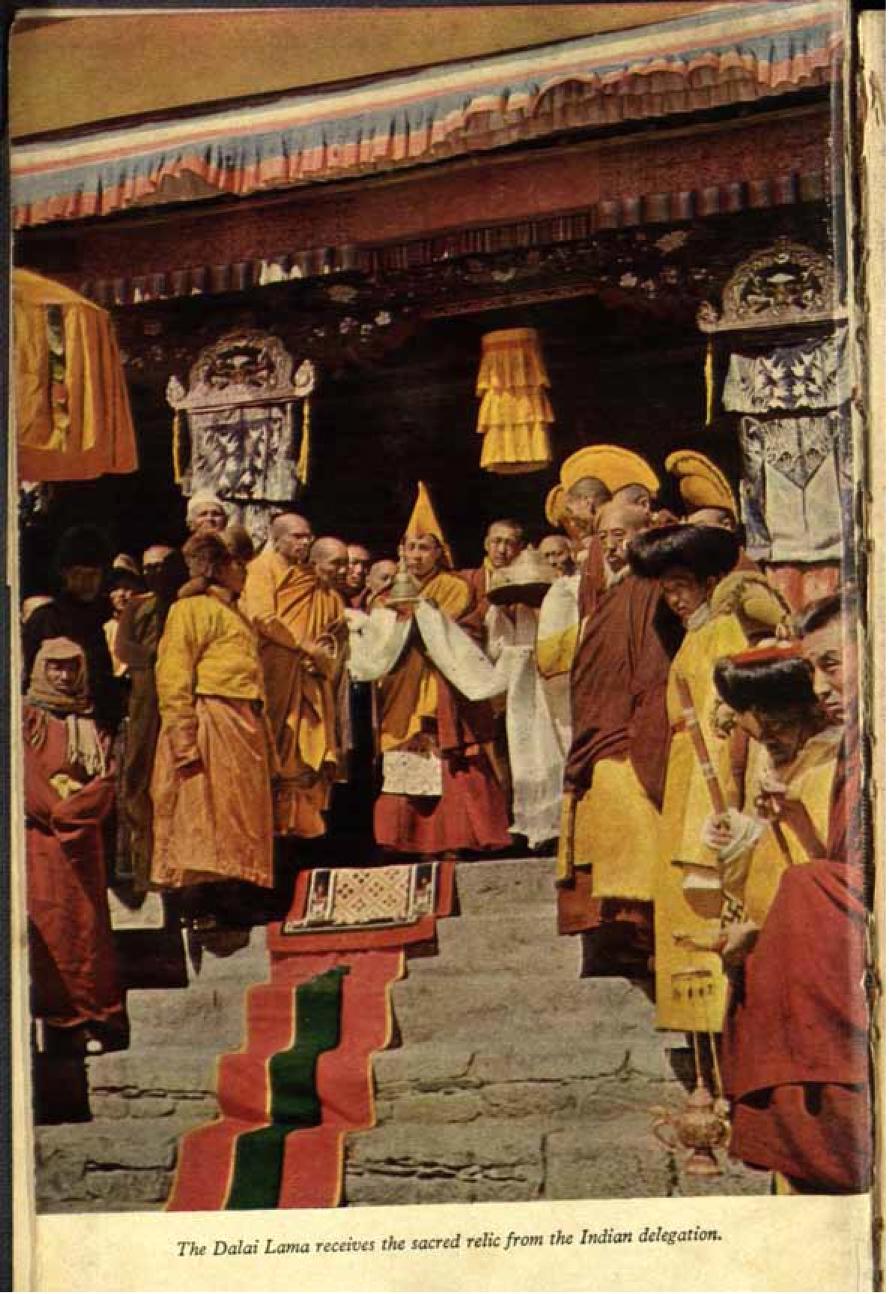

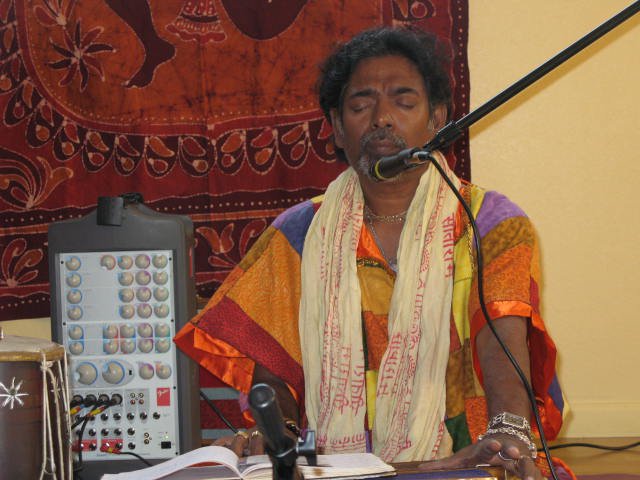



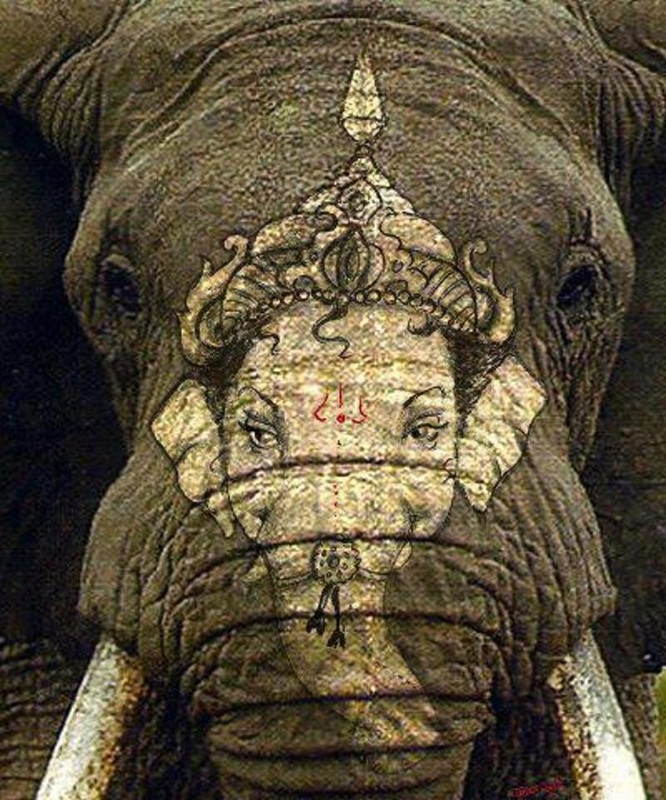



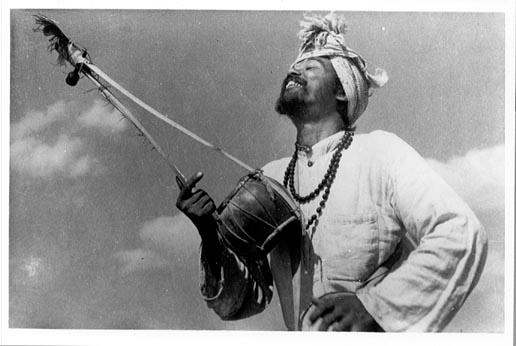
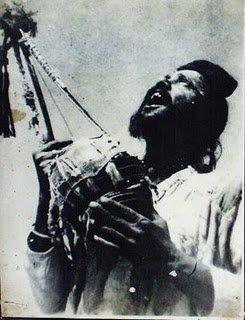


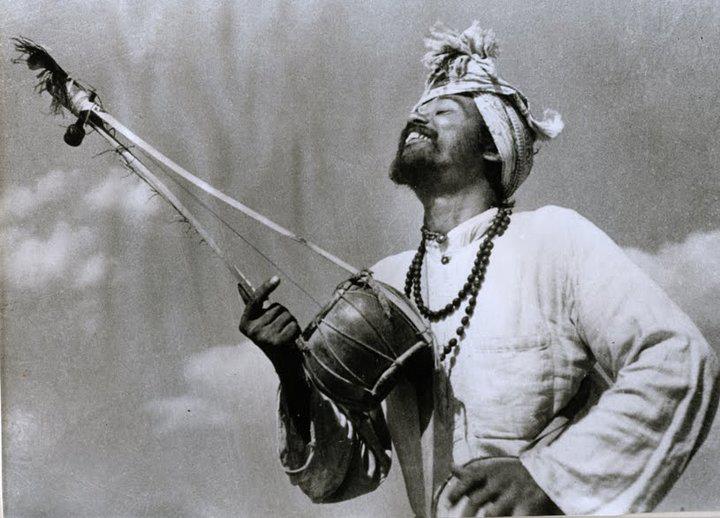


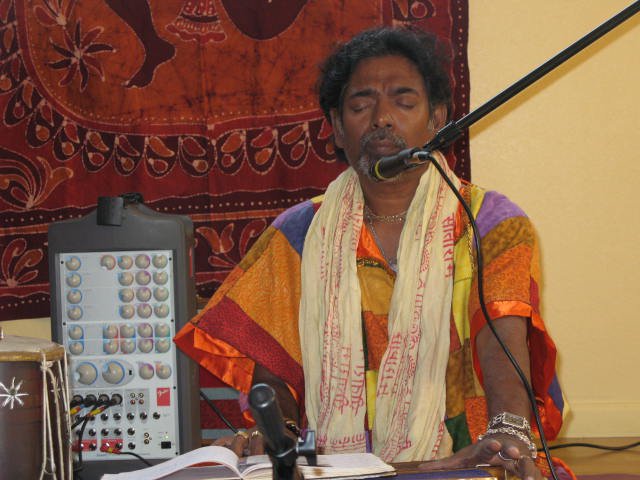

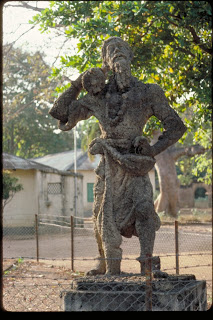

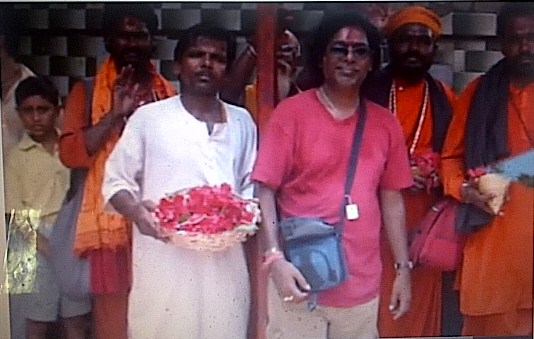

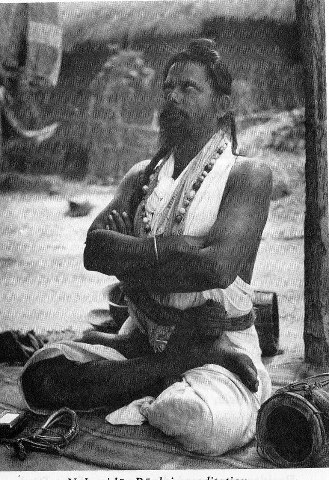


 RSS Feed
RSS Feed
